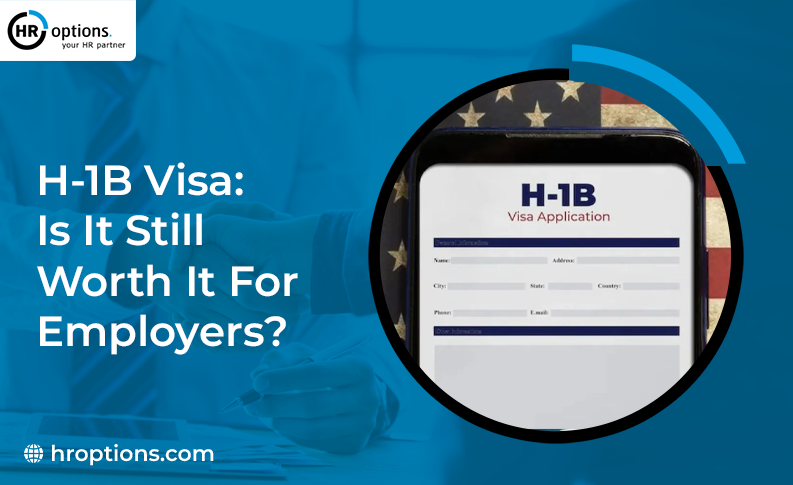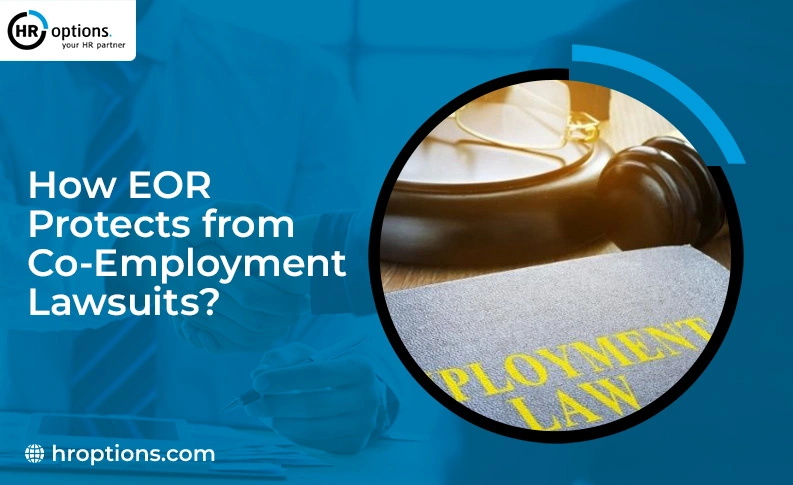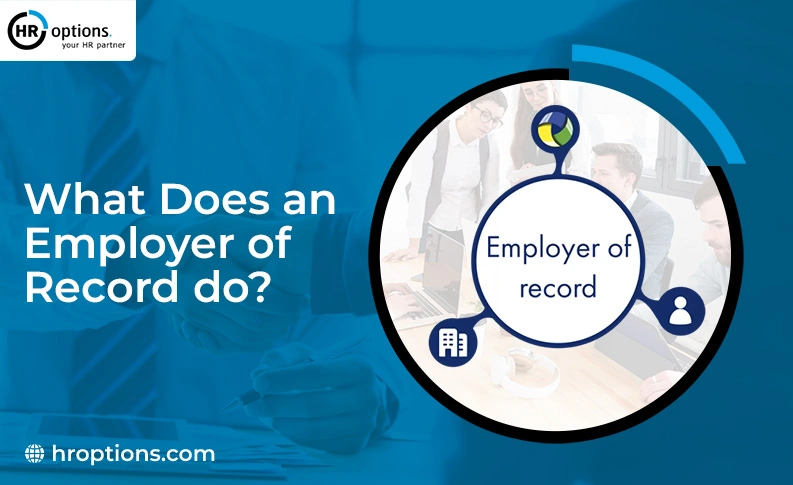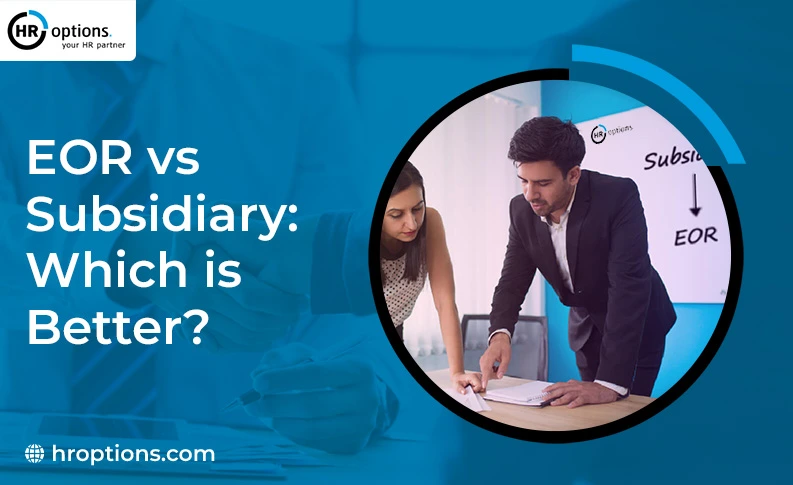Everything You Need to Know Before Starting Freelance Job
Freelancing is a current trend that has been on the rise for the past few years. It gives individuals a chance to be freed from the traditional work cycle and allows them to work on a schedule that is more suitable for their lifestyle.
EVERYTHING YOU NEED TO KNOW BEFORE STARTING FREELANCE JOB
 Nunzio Presta
Nunzio Presta
Senior Sales and Marketing Executive
Working a 9 to 5 office job five days a week is a traditional way to work in the corporate world. It is beneficial in many ways, but it not for everyone, especially if you want a more flexible work schedule or want to have more freedom in working multiple jobs at the same time.
Freelancing is a current trend that has been on the rise for the past few years. It gives individuals a chance to be freed from the traditional work cycle and allows them to work on a schedule that is more suitable for their lifestyle.
WHAT IS A FREELANCER?
A freelancer is a self-employed person who offers their services, often working on several jobs for multiple clients at one time. If you decide to pursue freelancing, you are the one who will set the payment rate for the service that you offer. You can also pick and choose your clients while working at a time and place you prefer.
Most freelance jobs are in the creative industries such as photography, copywriting, web development, etc. However, this set-up can also work for other service-based sectors like consulting, marketing, translation, etc.
When it comes to service rates, a freelancer can charge their client on an hourly or daily basis, depending on their preference. Freelancers may simultaneously get multiple clients, as long as they can deliver the quality output they agreed upon. These agreements should all be under a contract that the freelancer and client sign before starting to work on the project.

FREELANCING AT HOME
At this unprecedented time of a worldwide pandemic, working from home has become a trend for many employees to be safe from the virus while maintaining business operations. However, freelancing was also a thing even before COVID happened.
As we mentioned earlier, working as a freelancer gives you the freedom to work anywhere, so most freelancers choose to work in their home instead of the office. If you decide to do this, it can effectively save you some money by not renting an office space or commuting daily.
You also have the freedom to do some house chores or focus on your hobbies when working from home. This could work effectively for freelancers who have kids they want to take care of personally. Some freelancers even have a business of their own but still handle freelance projects for additional income.
PROS AND CONS OF FREELANCER
Freelancing sounds great based on the things we already discussed, but it is not for everyone. Before deciding if freelancing is for you, you need to know the pros and cons to see if you are up for the challenge.
Pros
Flexible Schedule – I think you already know this as one of the most common reasons why someone chooses to be a freelancer. Having a flexible schedule to do other projects or prioritize other commitments is a major benefit to being a freelancer.
Working Only on Projects that You Want – When you work as an employee, there is a big chance that you will do some work that you aren’t passionate about. With freelancing, you are the one who will indicate the services you offer or projects that you want to work on.
Chance to Work Anywhere – Most freelancers choose to do freelancing so they can work anywhere they want. It may be in their home office, a coffee shop, or a co-working space. Anywhere will work as your workplace as long as you have your tools and internet connection.
Less Tax – Since you’ll be paying your taxes as self-employed, you will have the opportunity to lessen some of your expenses from your taxes, such as promotional materials, business-related gas and parking fees, business travels costs, computers, or other equipment expenses. Even your rent for a home-office and business loan interest could be deducted from your tax payments. Just make sure to keep records of these expenses as proof so there will be no problem with the IRS if an investigation occurs.
Cons
No benefits – Being self-employed means that you won’t be getting any employer benefits when you are an employee. That means health insurance co-payments, vacation leaves, sick leaves, and such will not be provided. You will need to pay fully for your health insurance, and in case you get sick or want to take a vacation, you will simply not be earning anything on those days.
Income Insecurity – In freelancing, you need to acquire your own projects and clients. So, if you are just starting out and still don’t have regular clients, then you might have some weeks or months of not earning anything due to a lack of projects. You are vulnerable to economic crises and inconsistent workloads. Getting multiple clients could help as you won’t be dependent on just one client’s payment monthly.
Working in Isolation – It is usual that as a freelancer, you are working on your projects alone. You cannot ask for inputs from colleagues as you won’t have any in the first place. Working alone can sometimes bring someone’s spirit down and lead to a decrease in productivity.
Increased Financial Responsibilities – You will now be responsible for paying all your tax dues and government contributions. This is on top of what you’re spending on your bills like mortgage, loans, utility bills, card bills, and such. You will need to be organized so that you don’t miss any of your financial responsibilities. You may hire a financial manager to help you with your needs if you are not good with that kind of work.

HOW TO START FREELANCING
Being a freelancer is much more work than you might expect it to be, and you probably know that by now. So, if you still want to start freelancing, let’s discuss some of the things that you need to know when starting your career as a freelancer
Check Your Current Finances
It is important to have some savings before you resign from your day job and start being a freelancer. Projects will be inconsistent when you are still beginning, and you will need to invest more time and money first to stabilize your income. Saving a sufficient fund that can cover your first three months of being a freelancer is ideal before you start freelancing.
Build up Your Network and Ask for Referrals
By building up a good network, you will have connections to possible clients. You can start by getting referrals from your friends and family. Giving excellent outputs for your clients may lead to spreading some good word about you and your business, and potential clients might get in touch with you afterward. You may also attend networking events to expand your network even more.
Have a Strong Online Presence
For freelancers nowadays, a strong online presence is conducive to get new clients. This is because almost everyone is already online and searching for things they need on the internet. Setting up a website for your services and pages or accounts on social media platforms is a great way to advertise yourself. It can also be seen as your professional virtual office because they may contact you through those platforms as well.
Make Contracts for Clients
Before agreeing to take on a project, make sure you have everything that you decided upon in a contract. This contract will equal both parties’ understanding, but this contract is important because it will protect you from being at a disadvantage. Some freelancers do not get paid enough or ask for more than what is agreed upon, so having a signed agreement will give you an upper hand for any dispute that may arise.
Find your First Client
To officially start being a freelancer, you will need to find your first client for your services. You may do this by getting some referrals from people you know, sending proposals to businesses, or people who might be interested in your services. You can also post your services on online marketplaces like Freelancer.com, Guru.com, and Upwork.
CONCLUSION
Starting a freelance career is not a walk in the park. It requires a lot of effort and investment from you before you can get a more stable income. If possible, slowly start with freelancing while still being employed so you can get a feel of the market for the service you want to offer. Take that time to adjust, and once you are well adjusted, make it full-time.
Don’t forget to establish your network to reach out to as many potential clients as you can. This will help you earn more and get more stable as time goes by. Lastly, make sure that you are passionate about the services you want to offer, so it’s easier to keep going when you are still building up your career.
RELATED ARTICLES
THE SPECIFICS TO CANADA’S EMPLOYMENT STANDARDS ACT
CANADIAN EMPLOYMENT LAW FOR AMERICAN EMPLOYERS
EMPLOYEE HIRING PROCESS: THE CANADIAN WAY
OTHER ARTICLES
WORKPLACE TRENDS #4: SOCIAL MEDIA – ENGAGE AND EXCHANGE
The Duties And Goals Of An HR Department
Co-Employment and the Risks It Comes With
LET'S CHAT ABOUT YOUR HR OPTIONS
Chat below or call (800) 777-8944 for an immediate response.









